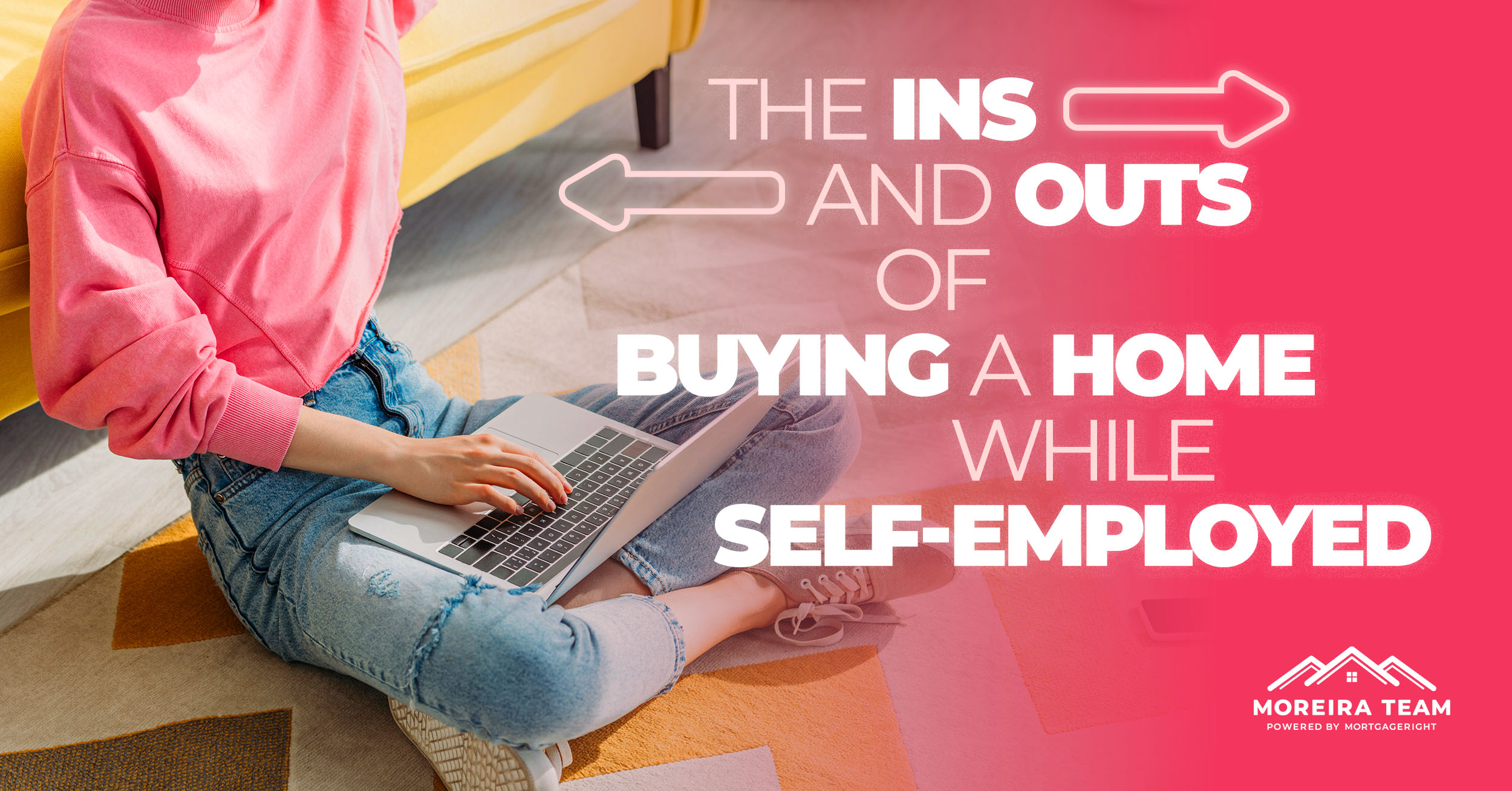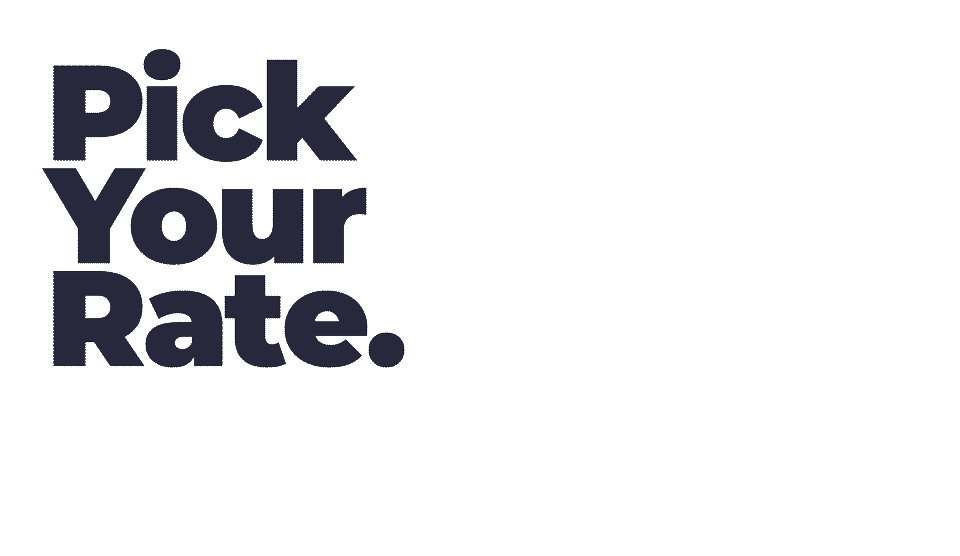
In this article
For many, the idea of buying a home for the first time is associated with a certain level of financial stability – and it should be. Purchasing a home is a serious, long-term investment that requires planning, strategy, and budgeting.
This type of commitment could scare off the would-be first time home buyer who’s self-employed. After all, working for yourself often comes with uncertainty and unexpected fluctuations in income.
However, homeownership can be a smart move if you’re self-employed. Whether you’re a newbie to home buying or have owned before, you need to understand the benefits and only consider working with the best mortgage companies when navigating the process.

Rise of the Self-Employed
Covid had an impact on a lot of things, but one of the most significant changes was in the job market. Millions of people lost their jobs in 2020 and had to scramble to make ends meet.
The pandemic also changed the way Americans thought about work and entrepreneurship. Many decided to follow their dream and start businesses of their own or become self-employed freelancers.
This trend continued after lockdown when the pandemic started to ease up. Americans filed 5.4 million new business applications in 2021, the highest year on record. This number only dropped slightly in 2022.
Age is also a factor in the self-employment boom. Last year saw a significant increase in self-employment for workers between the ages of 25 and 44. These people are now at a stage in their lives where homeownership becomes both attractive and a real consideration. However, the financial pressures of self-employment make the idea of buying a home intimidating.
Today’s Job Volatility
The job market in the U.S. has been unpredictable at best. Workers have suffered layoffs due to reductions in force, especially in the tech industry. Much of this is due to inflation.
The good news for now is that things have stabilized a bit. Around 275,000 jobs were added in February, but layoffs are still common. Plus, hiring is taking longer than usual, meaning those looking for a job could have a bumpy road ahead of them.
Many companies are now backfilling open roles instead of hiring for new positions. This means fewer opportunities for seasoned professionals looking for work within their field.
Any way you slice it, it’s a complicated environment right now. Workers everywhere are making the tough decision to either take a corporate job they don’t want or make the jump to self-employment.
Find Stability as a Home Buyer
It may come as a surprise, but if you’re self-employed, buying a home could be the best response to the volatile nature of the job market. Investing in real estate offers a high level of personal and financial stability.
Let’s look at some of the primary benefits.
Financial Stability
Once you purchase a home, you start building equity. This means your investment is appreciating as you pay off your mortgage loan.
Equity is a great long-term financial asset. Eventually, you can borrow against your equity and enjoy a low interest rate. Plus, the interest is tax-deductible.
You can also opt to take out a home equity loan to fund things like home improvements, business ventures, or education. An equity line of credit is another option. This allows you to borrow a set amount over a specific period.
Finally, if you buy a home with a fixed-rate mortgage, your monthly payments stay the same. This makes budgeting and financial planning easier and is much less stressful than fluctuating rental prices.
Only the best mortgage companies can get you a competitive rate that makes sense for your situation. The Moreira Team can help you understand your options and guide you through the process.
Tax Benefits
There are several tax deductions available for homeowners. These will help reduce your taxable income, something any self-employed worker needs to take advantage of.
Common deductions related to homeownership include:
- Property tax
- Mortgage interest
- Mortgage insurance
- Home equity loan interest
- Home office deductions
- Capital gains
Once you’ve purchased a home, speak to an accountant to ensure you’re making all the deductions available to you.
Control Over Your Lifestyle
Purchasing a home comes with a level of security and freedom you can’t get while renting. You can live how you want without worrying about landlords, rental contracts, and rent increases.
This type of stability is perfect if you’re self-employed and work out of your home. You get to create an environment that’s best for your business or freelance work and enjoy a happier, more productive life.
Finally, as a homeowner, you can make upgrades to your property that will increase its value and allow you to live the lifestyle you want. This is one of the most fulfilling aspects of owning a home.
Useful Information About Buying
Purchasing a home is a complex process, regardless of your situation. However, if you’re self-employed, there are some things you need to know.
The best mortgage companies will be able to secure a traditional loan for you. But there are a few requirements and potential challenges involved.
Loan Requirements
It’s important to note that lenders have different requirements for self-employed loan applicants. However, there are several documents you can expect to be asked to provide. These include:
- Tax returns from the past two years
- Bank statements from the past 12 to 24 months
- Business documents like articles of incorporation or licenses
- Your debt-to-income ratio
Getting your financial and business documents together before you apply for a loan makes for a much smoother process.
Asset Depletion Program
If you’re self-employed, you may not have consistent income. This can be a major challenge when applying for a mortgage.
In this case, an asset depletion program may be a viable alternative. These programs consider your liquid assets during the loan approval process. An underwriter looks at things like savings accounts, retirement, and investments.
The asset depletion program process can be quite complicated. The best mortgage companies work with highly qualified loan processors who understand the program and can help self-employed individuals become home buyers.
Bank Statement Loan
When self-employed business owners and freelancers apply for a mortgage using their taxes instead of income, they often get rejected. Even low-risk borrowers get turned down.
With a bank statement loan, you can get approved based on your bank statements instead of your tax returns. This is perfect if you’re self-employed and claim your business expenses and reduce your adjusted gross income.
To apply for a bank statement loan, you’ll need to show proof of deposits into your personal or business accounts for the past 12 or 24 months. The lender will calculate an average to determine your income.
You’ll need a few other things to qualify, including:
- A down payment of at least 10% to 20%
- A stable banking history
- A credit score of at least 660
- A strong debt-to-income ratio
Bank statement loans typically carry higher interest rates. You’ll need to consider your long-term financial goals before applying and work with a qualified lender who can advise you on whether it’s the right move or not.
Choose One of the Best Mortgage Companies in the Area
Don’t let your self-employed status stop you from buying the home of your dreams. The Moreira Team can evaluate your situation and provide a solution that makes sense for you.
We’re among the best mortgage companies out there due to our knowledge, experience, and range of products available to people in unique positions like yourself.
Get started today with a custom quote.



